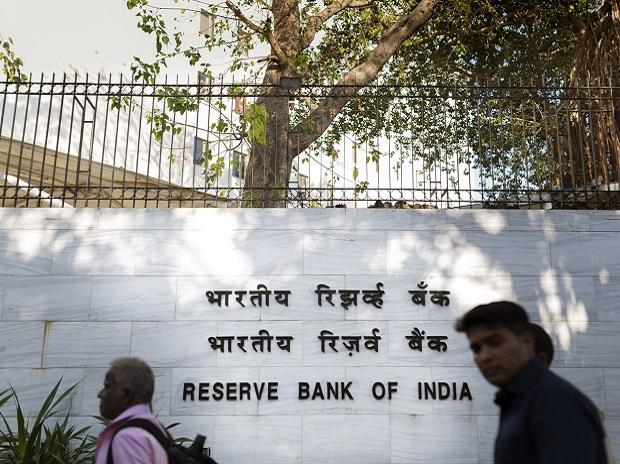[ad_1]
The Reserve Bank of India (RBI) and the Financial Services Agency (FSA) of Japan on Wednesday exchanged letters of cooperation in the field of central counterparties (CCPs) with the expressed aim of improving mutual cooperation.
“With this exchange of letters, the RBI and the FSA are committed to deepening relations between the two countries and strengthening the exchange of information,” the Indian central bank said on Wednesday.
The move comes at a time when the European and the UK regulators have derecognised various Indian clearing houses, including the Clearing Corporation of India (CCIL), which hosts the trading platform for government bonds and overnight indexed swaps (OIS).
Reports earlier this month said that Japanese authorities had also sought the right to inspect CCIL’s data – the main bone of contention with the European regulators.
“The RBI and the FSA also expressed their willingness to hold a dialogue or exchange views on matters of common interest and concern as appropriate. The letters confirm the interest of both the jurisdictions in enhancing cooperation in line with their respective laws and regulations,” said the RBI.
“The letters will also provide a strong foundation for promoting mutual understanding and cooperation pertaining to CCP activities in a cross-border context. The cooperation will be mutually beneficial and ensure the soundness of the financial markets in both jurisdictions,” stated the central bank.
The European Securities and Markets Authority (ESMA) in late October derecognised six Indian clearing houses, including CCIL, which is supervised by the RBI.
The decision is said to have been taken after the RBI’s refusal to permit the foreign body the rights of audit and inspection over CCIL.
ESMA’s decision comes into effect on May 1, 2023.
The Bank of England took a similar step, following ESMA’s decision.
Reports said that in early November, the RBI and CCIL were seeking resolution for a similar tussle with Japanese financial authorities who wished to hold the rights of inspection over CCIL.
European banks with operations in India include BNP Paribas, Crédit Agricole, Crédit Suisse, Deutsche Bank, and Société Générale.
Other UK-based banks and foreign lenders, such as Standard Chartered, Barclays, and HSBC, also play a large role in bond and OIS trading.
The derecognition of CCIL will mean that financial transactions will not be settled through CCIL, leaving room for just bilateral transactions between banks. This would strip away advantages and benefits of netting transactions that are provided by the clearing house, as well as lead to much higher capital requirements under Basel norms. Consequently, trading operations would take a huge hit, observed bankers.
[ad_2]
Source link



